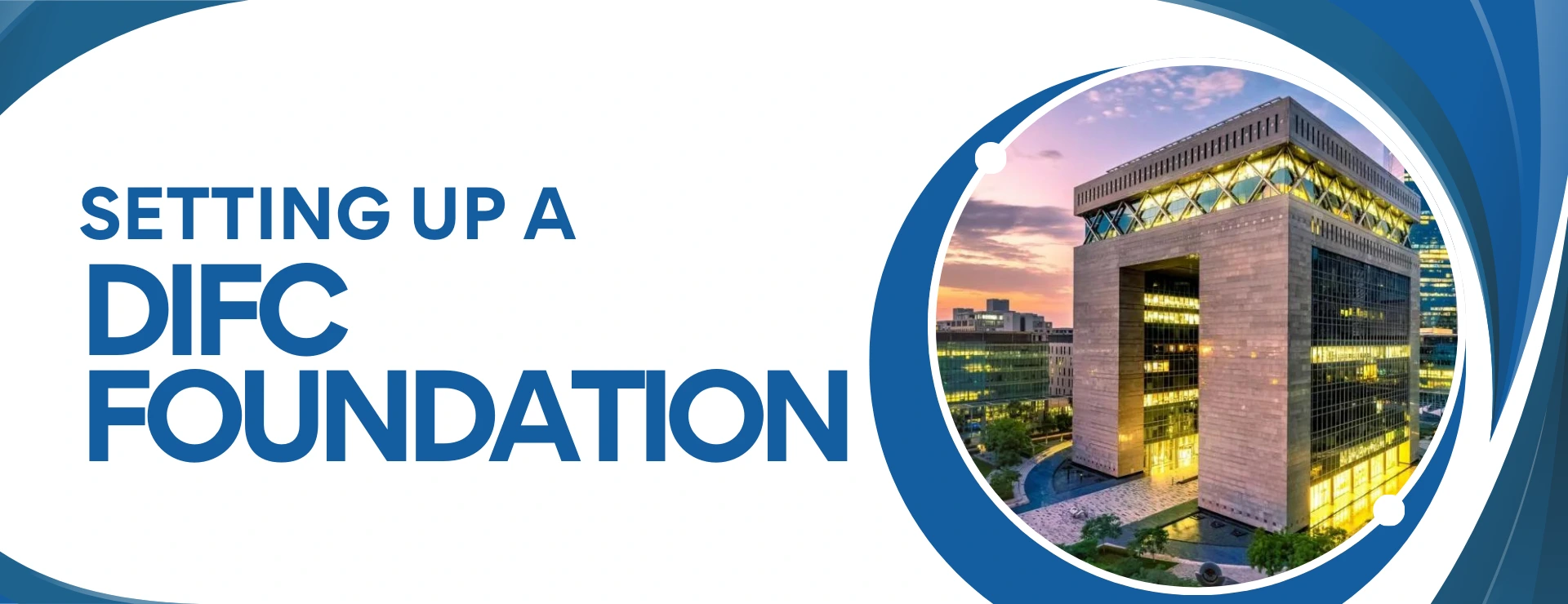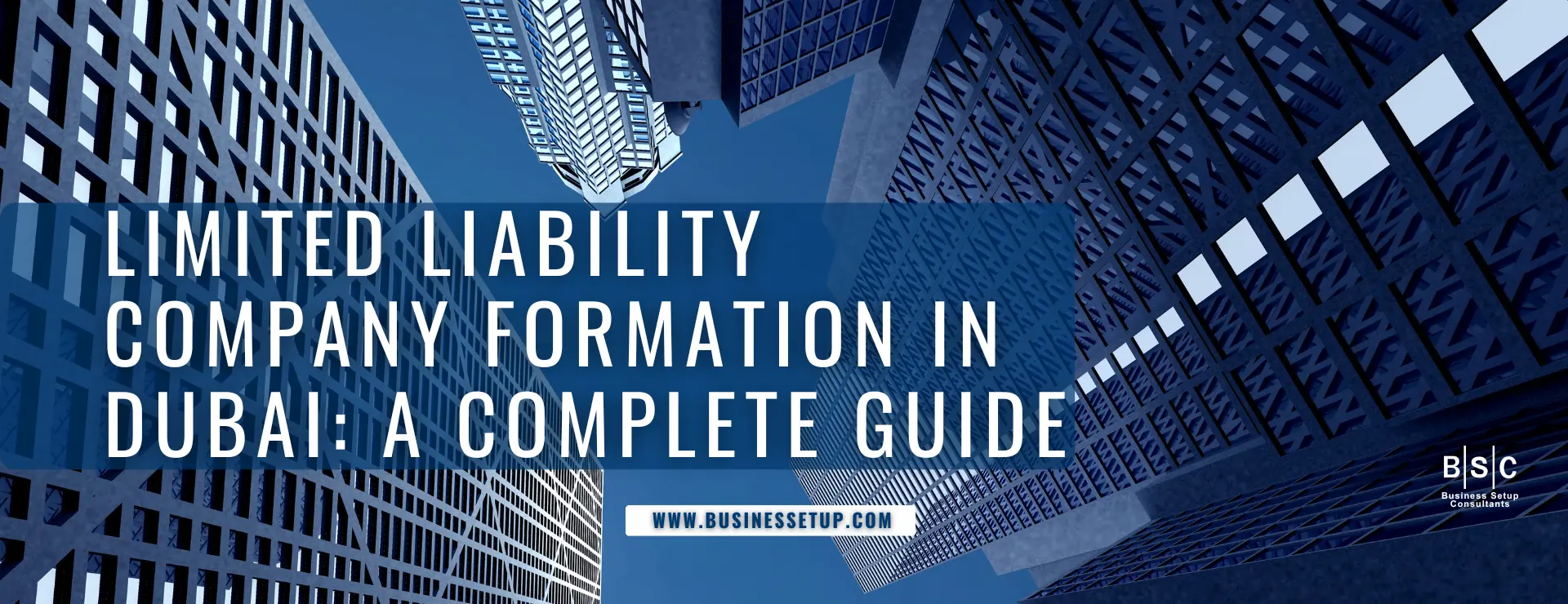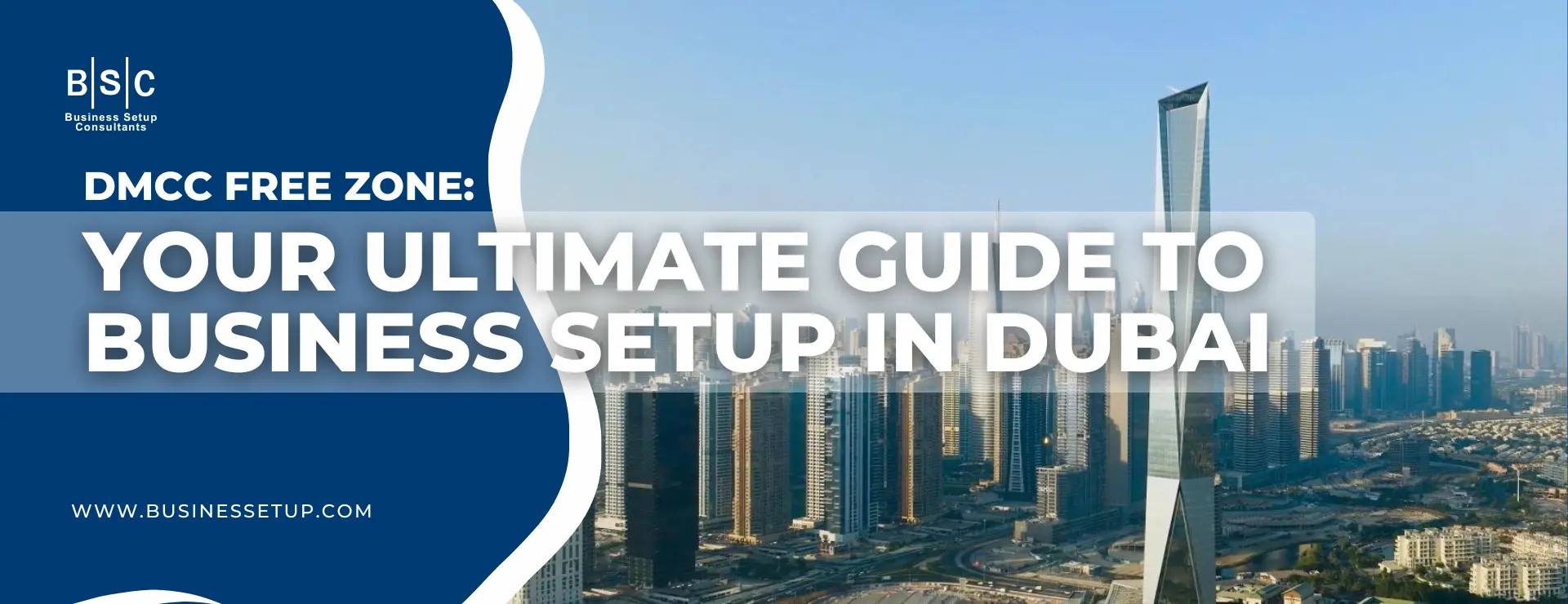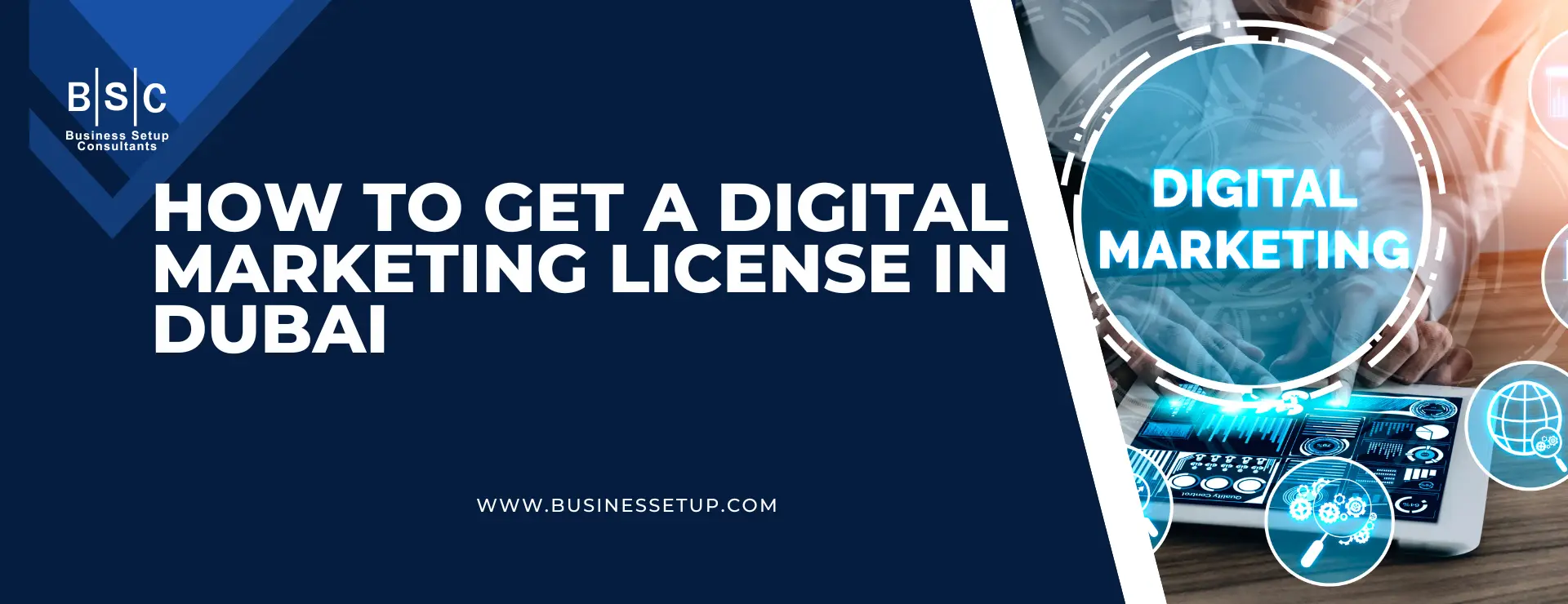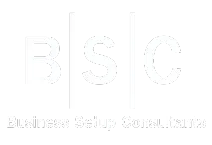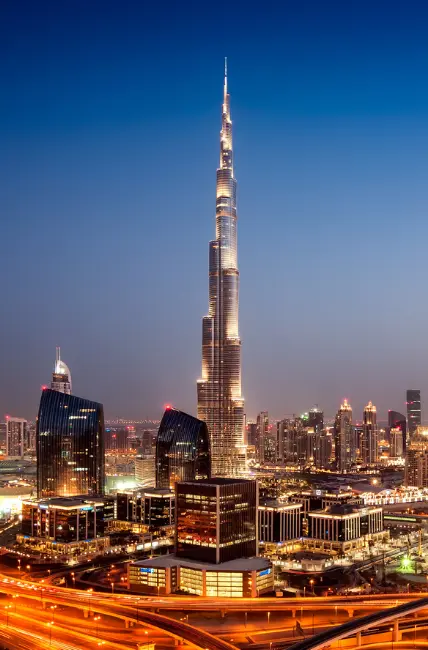
Comparison Between Dubai International Financial Centre (DIFC) and Abu Dhabi Global Market (ADGM)
- Dubai’s Global Financial Hub: Dubai International Financial Centre (DIFC)
- Why Choose the DIFC?
- Types of Business Entities in the DIFC:
- Legal and Regulatory Framework:
- Employment and Immigration Considerations:
- Business Setup and Service Providers:
- Connectivity and Access
- Comparison Between Dubai International Financial Centre (DIFC) and Abu Dhabi Global Market (ADGM)
- Family Offices
- Special Purpose Vehicle (SPV)
- Consults the experts for professional advice
Dubai’s Global Financial Hub: Dubai International Financial Centre (DIFC)
The Dubai International Financial Centre (DIFC) is a leading financial hub in the United Arab Emirates (UAE) and the Middle East, established to provide a world-class platform for businesses operating in the finance industry. Located in the heart of Dubai, near iconic landmarks like the Dubai Mall, Burj Khalifa, and Sheikh Zayed Road.
The DIFC offers a unique ecosystem that combines a tax-friendly environment, a common law framework (DIFC Law) based on the legal system of the United Kingdom, and state-of-the-art infrastructure. It is an attractive destination for companies seeking to establish a presence in the region and cater to markets in South Asia.
Why Choose the DIFC?
The DIFC offers several compelling advantages for businesses looking to set up operations in the UAE:
Tax-friendly environment
Companies operating in the DIFC benefit from a zero percent tax rate on profits, making it an ideal location for businesses seeking a tax-efficient jurisdiction.
100% foreign ownership
Unlike the mainland UAE, the DIFC allows 100% foreign ownership of companies, providing businesses with complete control over their operations.
Common law framework
The DIFC operates under a common law framework based on English law, providing a familiar and transparent legal system for businesses accustomed to common law jurisdictions like the United States and Hong Kong.
World-class infrastructure and facilities
The DIFC boasts state-of-the-art office spaces, advanced telecommunications systems, and a range of amenities, ensuring a seamless and efficient business environment.
Types of Business Entities in the DIFC:
The DIFC offers several types of business entities to cater to the diverse needs of companies:
Company Limited by Shares
This structure is suitable for larger businesses and allows for the issuance of shares to shareholders.
Limited Liability Company
This entity type is ideal for smaller businesses or joint ventures, providing limited liability protection for its members.
General Partnership
A General Partnership is a simple business structure where partners are jointly and severally liable for the debts and obligations of the partnership.
Limited Partnership
This structure combines elements of a general partnership and a limited liability company, allowing for both general partners with unlimited liability and limited partners with limited liability.
Recognized Companies (Branch Offices)
Foreign companies can establish a branch office in the DIFC, allowing them to conduct business activities within the center.
Legal and Regulatory Framework:
The DIFC operates under a robust legal and regulatory framework (DIFC Law) designed to ensure transparency, accountability, and investor protection:
Overview of the DIFC Laws and Regulations
The DIFC has its own set of laws and regulations (Dubai Law No.) governing various aspects of business operations, including company law, employment law, and regulatory requirements for specific industries like financial institutions.
Importance of compliance and corporate governance
Businesses operating in the DIFC must adhere to strict compliance and corporate governance standards to maintain their licenses and reputation.
Role of the DIFC Authority
The DIFC Authority is the independent regulatory body responsible for overseeing the center’s operations, enforcing laws and regulations, and promoting the interests of the DIFC community.
International Arbitration
The DIFC offers a world-class international arbitration center, providing businesses with a reliable and efficient dispute resolution mechanism.
Employment and Immigration Considerations:
Establishing a business in the DIFC requires careful consideration of employment and immigration factors:
Hiring employees and obtaining work visas
Companies must follow the DIFC’s employment regulations when hiring employees and obtain the necessary work visas and permits for their staff.
Sponsorship requirements
Businesses in the DIFC are required to sponsor their employees and provide accommodation and other benefits in accordance with the center’s rules.
Employee protection and labor laws: The DIFC has robust employee protection and labor laws in place, ensuring fair treatment and safeguarding the rights of workers.
Business Setup and Service Providers:
The DIFC offers a streamlined process for company formation and business setup, supported by a network of experienced service providers, including:
Corporate service providers
Firms that assist with incorporation, licensing, and ongoing compliance requirements.
Law firms
Legal firms that provide guidance on DIFC laws, contracts, and dispute resolution.
Accounting and auditing firms: Professional firms that offer financial reporting, tax advisory, and auditing services.
Other professional services
Consultants, marketing agencies, and other service providers that support businesses in the DIFC.
By leveraging the expertise of these service providers and adhering to international standards, businesses can ensure a smooth and compliant setup process in the DIFC.
Connectivity and Access
The DIFC’s strategic location in Downtown Dubai provides businesses with convenient access to key transportation hubs like the Dubai International Airport and the Dubai Airport Free Zone, facilitating global connectivity and trade. Additionally, the center’s proximity to major business districts like Dubai Design District (D3) and Dubai Internet City offers opportunities for collaboration and networking within the broader business community.
Comparison Between Dubai International Financial Centre (DIFC) and Abu Dhabi Global Market (ADGM)
Entrepreneurs often need clarification in choosing between the Dubai International Financial Centre (DIFC) or the Abu Dhabi Global Market (ADGM) as the place for their new venture or establishment. This article highlights the many commonalities and differences between these two jurisdictions.
DIFC & ADGM: Two great jurisdictions to pick from
The Dubai International Financial Center (DIFC) was established in 2002 in Dubai, United Arab Emirates, while the ADGM was set up in 2013 in Abu Dhabi. The goal of establishing both jurisdictions was to make each city strong, globally recognized financial centres.
With more than 20 years of experience, DIFC has a long, solid track record and a robust international reputation. On the other hand, ADGM is comparatively new. Still, with a similar regulatory regime as DIFC’s superb common law framework, ADGM is in a solid position to make its mark in the region.
Comparison between ADGM and DIFC
Here is a table that highlights the differences and similarities between the two jurisdictions:
ADGM (Abu Dhabi Global Market)DIFC (Dubai International Financial Centre)Companies lawThe ADGM companies’ regulations are partly based on the UK Companies Act 2006 .
The ADGM regulations are generally considered to be more up-to-date and comprehensive.
The DIFC regulations are partly based on the UK Companies Act 1985 .Status and legal structurePrimary legislation is enacted by a board of directors appointed by the Abu Dhabi Executive Council.
The regulation of the free zone is delegated to three authorities:
- Registration Authority (RA)
- Financial Services Regulatory Authority (FSRA)
- ADGM Court
The ruler of the Emirate of Dubai has the authority to enact primary and secondary legislation.
The regulation of the financial free zone is delegated to three authorities:
- Registration Authority (RA)
- Dubai Financial Services Authority (FSA)
- DIFC Court
CourtsEnglish is used for court operations, judgments, and the publishing of laws.
ADGM Courts will directly apply English law; hence, they may use English court judgments as precedents.
The courts are the first to use an end-to-end eCourt platform.
English is used for court operations, judgments, and the publishing of laws.
DIFC courts have been operating for over two decades and have a solid local and international reputation.
The laws of the DIFC do not directly incorporate English common law, and therefore they do not follow precedents set by the English courts
Insolvency law ADGM Insolvency Regulations are based on English insolvency legislation and include the option of appointing an administrator .DIFC Insolvency Law is similar to English insolvency legislation; however, it does not have the concept of administration. Arbitration The ADGM Arbitration Regulations 2015 are based on the UNCITRAL Model Law.
Arbitration at the ADGM Arbitration Centre differs from DIFC because it does not administer arbitrations but provides a site for holding arbitration hearings.
The DIFC Arbitration Law is based on the UNCITRAL Model Law on International Commercial Arbitration of 1985.
The DIFC Arbitration Centre administers commercial arbitrations under contracts incorporating the DIFC Arbitration Rules.
Family Offices
DIFC has the region’s first global Family Business and Private Wealth Centre. The Centre’s remit includes providing advisory services; education and training; networking; undertaking research, and dispute resolution assistance.
DIFC Single Family Office (SFO) Regulations are widely recognized as trailblazing for family-run institutions and family businesses in the GCC. The regulations provide a platform for affluent families to set up holding companies at DIFC to manage private family wealth and family structures anywhere in the world.
The ADGM has followed Great Britain in its approach to family offices. No single regulation within the UAE free zone encompasses a family office. Instead, it offers a variety of structures to manage family wealth, and hence a personalized solution is available according to your needs.
Special Purpose Vehicle (SPV)
A special purpose vehicle is an entity created for a specific purpose. Its legal status as a separate company makes its obligations secure even if the parent company becomes insolvent.
SPVs are used for asset securitization, property deals, raising capital, tax benefits, or to isolate parent company assets, operations, or risks.
ADGM provides two legal setups for SPVs; a private company limited by shares and a restricted scope company.
- Private Company: Private limited companies are usually opted by the investors who intend to have a holding company or take up operational activities.
- Restricted Scope Company: A restricted scope company can only be founded as a subsidiary of a public company or as a family office.
The DIFC offers an attractive venue for establishing one’s SPCs as they are not required to have their accounts filed or audited yearly. In addition, there is no requirement for shareholders to be based physically within the DIFC free zone. DIFC Corporate Services Providers (CSP) can act as SPC’s majority directors and company secretaries.
Consults the experts for professional advice
Our team of seasoned experts can help you decide which jurisdiction is best based on your circumstances. Whether you need a limited liability company , offshore company , family office, or an SPV, we have the correct answer. Please get in touch with one of our consultants for a free consultation.
Don’t forget to read about how to establish a UAE Foundation


